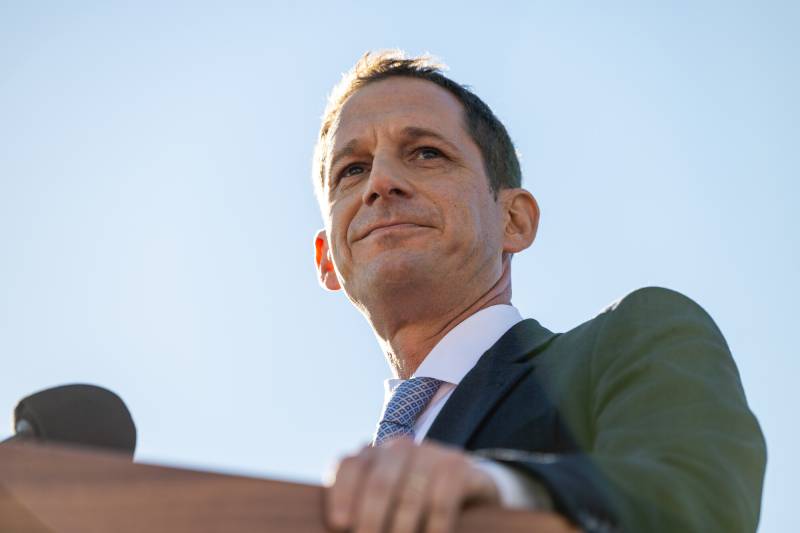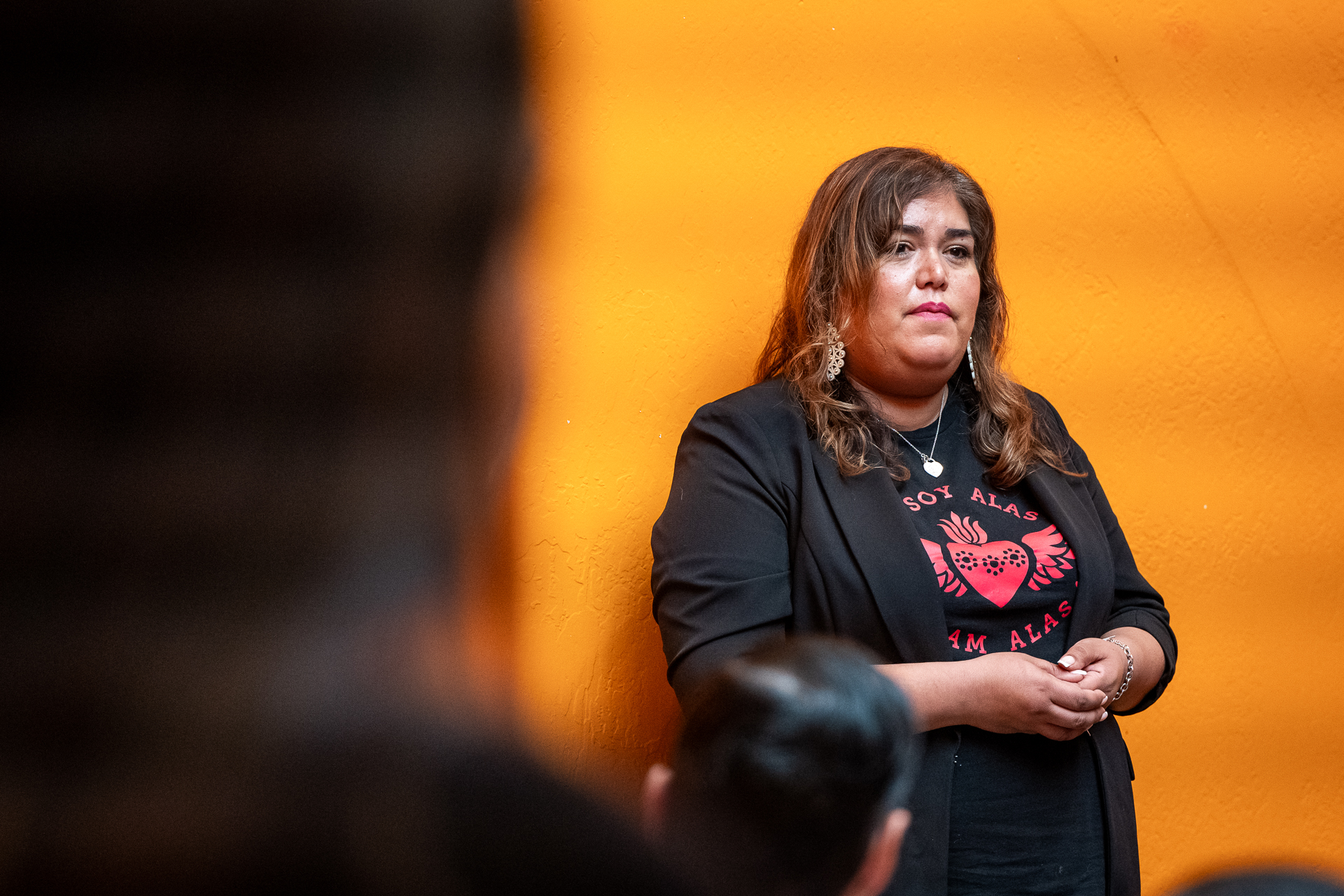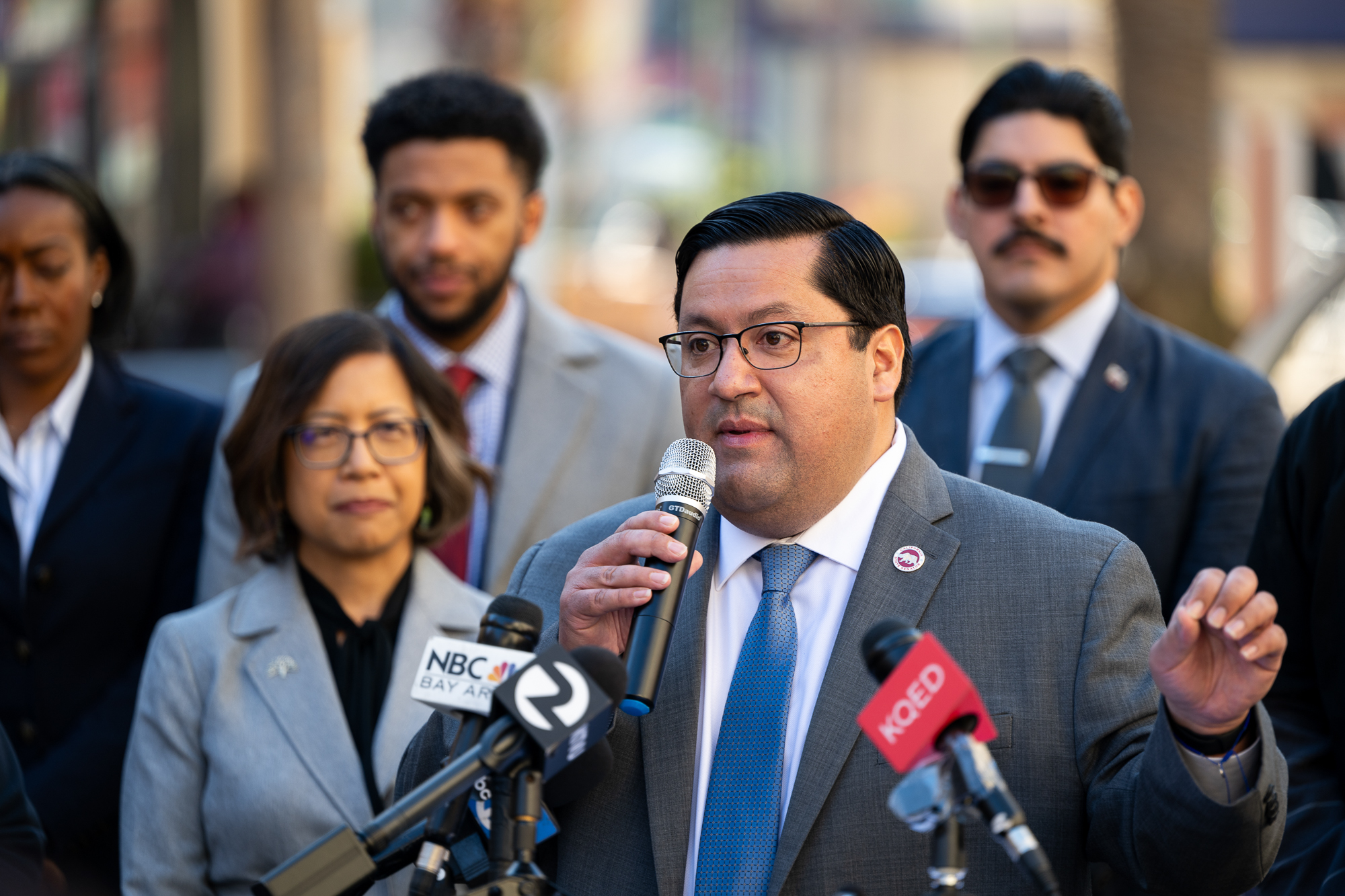Wiener acknowledged that Lurie has taken a different approach than himself or other high-profile Democrats like Gov. Gavin Newsom when it comes to responding to Trump.
“The mayor has a big task ahead in terms of taking San Francisco into the future, and he needs to be focused like a laser on the huge problems we have here,” Wiener said. “I know that he will do that, but I know he’s going to be with us when we need to defend our community.”
Political consultant David Ho said Lurie’s softer approach reminds him of the late Mayor Ed Lee, who led the city during Trump’s first term. However, it contrasts starkly with former Mayor London Breed, who often took a stronger position.
“I’d be surprised if Lurie’s administration doesn’t carve out a louder response” to Trump’s orders on immigration, Ho said, noting that it would deeply affect the Chinese American community that Lurie fought hard to win votes from on the campaign trail. “People forget the first federal law to target an entire ethnicity was the Chinese Exclusion Act.”
However, with the city facing a nearly billion-dollar deficit, Lurie is walking a fine line to ensure San Francisco receives federal funding for affordable housing.
“Can you imagine if HUD withheld funding from San Francisco? That would be a housing catastrophe,” Ho said. “We’re talking about bread and butter issues here. Politicians and communities will have to band together and figure out which core issues they want to go to war over with the new administration.”
Jim Ross, a progressive political consultant, said Lurie’s position — or lack thereof — opens space for other politicians to step up.
“This creates an opportunity for Chiu or Wiener and others to make a name for themselves,” Ross said. “It gives them an opportunity to demonstrate leadership and that they’re going to protect these communities that are under attack.”
He added: “But it also does create a real contrast with the mayor’s silence.”



